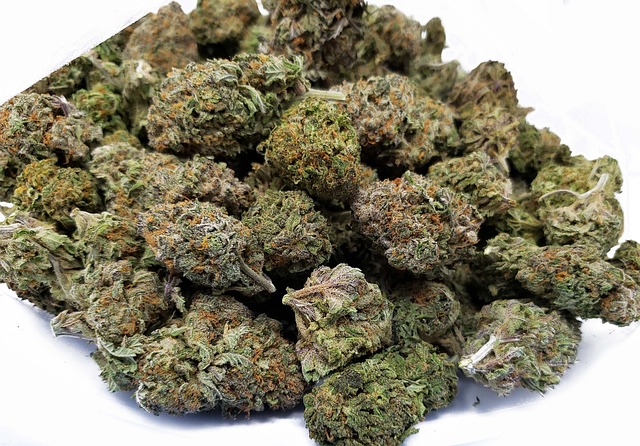2023 has seen THCA (Tetrahydrocannabinolic Acid), a non-psychoactive cannabinoid and precursor to THC, gain prominence due to its potential health benefits, particularly in Iowa where it is legally recognized as part of medical programs and hemp products, provided the THC content remains below 0.3% as per the 2018 Farm Bill. The distinction between THCA and its psychoactive form THC is crucial; THCA does not cause a high but has been studied for its therapeutic properties, including anti-inflammatory and neuroprotective effects. Iowa's legislative framework clarifies the legal status of THCA flower, allowing for its cultivation, sale, and use within the state's regulatory guidelines. This has led to a surge in market interest, with Iowa emerging as a significant player in the cannabis industry due to its favorable climate and stringent safety protocols. The state's approach to THCA legalization reflects a forward-thinking stance on cannabis innovation and consumer wellness, offering an alternative to Delta-9 THC for those seeking the health benefits of cannabinoids without the associated impairment.
Explore the emergent landscape of cannabis wellness with a focus on the therapeutic potential of THCA flower, a non-psychoactive form of cannabis that’s gaining attention for its medicinal properties. This article delves into the legality and uses of THCA in Iowa, differentiating it from its psychoactive counterpart, THC. We’ll navigate through its market rise, cultivation practices, and consumption methods, providing a comprehensive overview of this burgeoning cannabinoid. Understanding THCA’s effects, health benefits, and safety considerations is paramount for those interested in its use. As Iowa’s regulatory framework evolves, we’ll explore the future trends and research directions for THCA. Learn how to legally source quality THCA flower, experiment with infusions, and witness real-world patient experiences. This article serves as a guide through the complexities of THCA, illuminating its role within the broader cannabis spectrum and emphasizing the importance of terpenes and responsible use. Join us on this in-depth exploration of THCA legal in Iowa.
- THCA Flower: Unveiling the Potential of Raw Cannabis
- The Legality of THCA Flower in Iowa: A Legal Perspective
- What is THCA and How Does it Differ from THC?
- The Rise of THCA Flower: A Market Overview
- THCA Flower Cultivation: Best Practices for Farmers in Iowa
- Understanding the Effects of THCA vs. Delta-9 THC
THCA Flower: Unveiling the Potential of Raw Cannabis
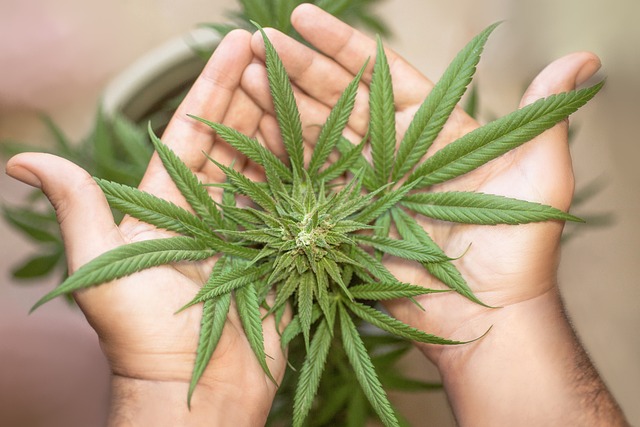
THCA, or Tetrahydrocannabinolic Acid, is a non-psychoactive cannabinoid found abundantly in raw cannabis flower. It’s a precursor to THC, the psychoactive compound well-known for its effects after heating in processes like smoking or vaporizing. The interest in THCA has surged due to its potential therapeutic benefits, which are being explored for their impact on various health conditions without the psychoactive effects associated with its counterpart, THC. As legal landscapes evolve, such as in Iowa where certain forms of cannabis derivatives are permitted under specific conditions, THCA has garnered attention for its potential uses.
Iowa’s legislative framework around THCA is an example of the nuanced approach to cannabis regulation. It’s crucial for consumers and researchers alike to stay informed about the evolving legal status of THCA within the state. In Iowa, THCA flower, as a raw form of cannabis, may be legally accessible under certain medical programs or for industrial hemp with less than 0.3% THC by dry weight. This legal distinction is significant because it allows for the exploration and utilization of THCA’s potential benefits without the intoxicating effects that come with its decarboxylation to THC. As such, the study and application of THCA are becoming increasingly important in the realm of cannabinoid therapy, offering a new angle for those interested in the medicinal properties of cannabis.
The Legality of THCA Flower in Iowa: A Legal Perspective
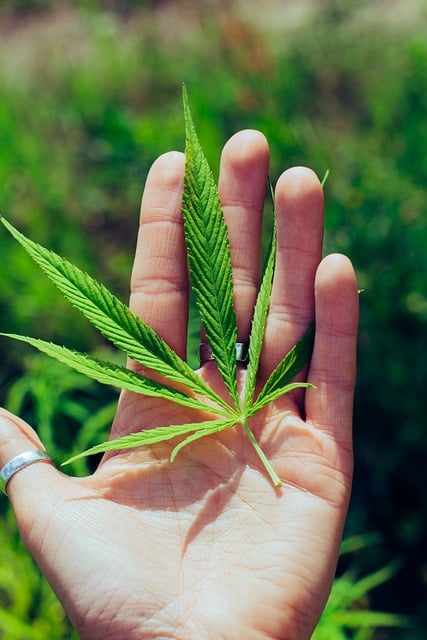
The legal status of THCA flower, a non-psychoactive compound found in cannabis plants, has been a subject of scrutiny and debate within the legal framework of Iowa. As of recent legislative updates, THCA is considered a legal substance under the state’s laws, provided it contains less than 0.3% delta-9 tetrahydrocannabinol (THC), the psychoactive component of cannabis. This distinction allows for the presence and sale of THCA-rich products derived from hemp, which are federally legal under the 2018 Farm Bill and its subsequent appropriations acts.
Iowa’s approach to regulating THCA flower is rooted in compliance with both federal and state laws. The Iowa Department of Agriculture and Land Stewardship oversees hemp cultivation within the state, ensuring that all hemp-derived products, including those containing THCA, adhere to stringent guidelines. Retailers and producers must navigate these regulations carefully to remain within legal boundaries. It’s crucial for individuals interested in purchasing or using THCA flower in Iowa to stay informed about local ordinances and any evolving state legislation that may impact the legality of their possession or use. As such, consumers should prioritize sourcing products from reputable vendors who provide certificates of analysis verifying THC levels and confirming the product’s compliance with state regulations.
What is THCA and How Does it Differ from THC?
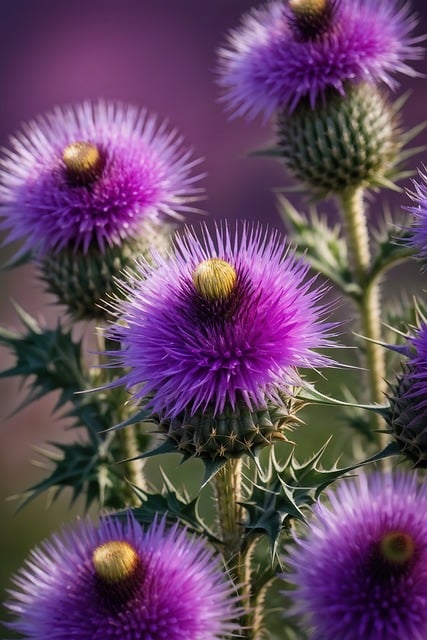
Delta-9-tetrahydrocannabinolic acid, commonly known as THCA, is a non-psychoactive cannabinoid found in raw cannabis plants and represents the acidic precursor to the well-known psychoactive compound THC. Unlike its psychoactive counterpart, THCA does not induce a high but exhibits potential therapeutic properties. Research suggests that THCA may have anti-inflammatory, anti-nausea, appetite-stimulating, and neuroprotective effects.
The differentiation between THCA and its decarboxylated form THC is pivotal in understanding their distinct impacts on the human body. Decarboxylation, a process that occurs when cannabis is heated, converts THCA into THC. This transformation activates the psychoactive properties of THC, which are absent in THCA. The legality of these compounds varies by jurisdiction, with THCA itself being legal in states where cannabis has been fully or partially legalized, such as in Iowa, provided it is not converted into THC through processing or heating. This distinction is crucial for consumers and patients seeking the potential therapeutic benefits of THCA without the psychoactive effects associated with THC. As research continues to evolve, the understanding and utilization of THCA are likely to expand, offering new avenues for wellness and health.
The Rise of THCA Flower: A Market Overview
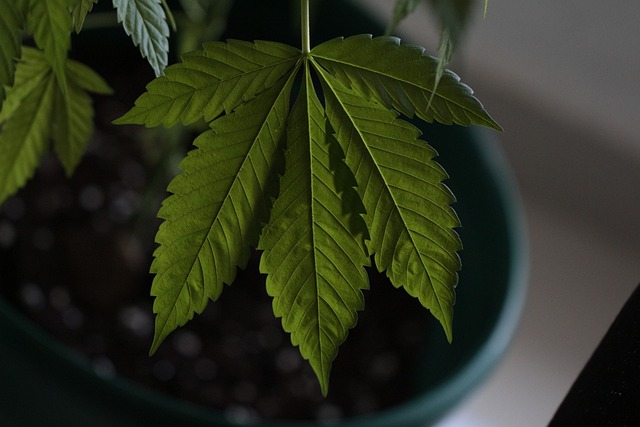
2023 has marked a pivotal year for THCA flower enthusiasts, particularly with its legal status being clarified in states like Iowa. The rise of THCA flower, rich in cannabinoids and offering potential wellness benefits, has seen a significant uptick in market demand. This surge is not merely a fleeting trend but reflects a broader shift in consumer preferences towards more natural and potent cannabis derivatives. In Iowa, where THCA flower is legal, the market has expanded with a variety of high-quality products, catering to both medicinal and recreational users. The state’s regulatory framework has allowed for a controlled yet thriving industry, with consumers gaining access to THCA flower that undergoes rigorous testing for safety and efficacy. This has led to a proliferation of dispensaries and online retailers specializing in THCA products, positioning Iowa as a key player in the burgeoning cannabis market. As awareness and acceptance grow, it’s anticipated that the demand for THCA flower will continue to rise, with innovations in cultivation and extraction methods further enhancing its availability and appeal across the nation.
THCA Flower Cultivation: Best Practices for Farmers in Iowa
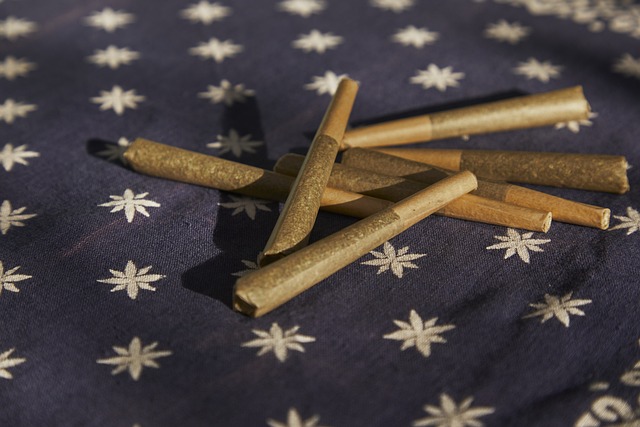
Cultivating THCA flower in Iowa requires a comprehensive understanding of the state’s agricultural conditions and regulations regarding hemp and cannabinoids. Farmers looking to cultivate THCA-rich hemp must adhere to the guidelines set forth by both state and federal laws, with particular attention to the Agriculture Improvement Act of 2018, commonly known as the Farm Bill, which legalized hemp cultivation federally. In Iowa, THCA is considered a legal cannabinoid when derived from hemp that contains less than 0.3% delta-9-tetrahydrocannabinol (THC) on a dry weight basis.
To successfully cultivate THCA flower in Iowa, farmers should prioritize selecting strains known for high THCA content and optimal yield. Site selection is critical, as it should offer ample sunlight and be free of contaminants. Soil quality and pH levels must be monitored closely to ensure the health of the plants. Additionally, Iowa’s climate requires careful timing for planting and harvesting; early planting may be necessary to avoid harsh summer conditions. Irrigation systems should be efficient and sustainable to conserve Iowa’s valuable water resources. Regular monitoring for pests, diseases, and nutrient deficiencies is essential to maintain THCA flower quality and potency. Furthermore, compliance with state-specific regulations, including licensing and testing protocols, is imperative to ensure the legality and safety of the crop. By following these best practices, Iowa farmers can effectively cultivate high-quality THCA flower while adhering to the legal framework set for hemp cultivation within the state.
Understanding the Effects of THCA vs. Delta-9 THC
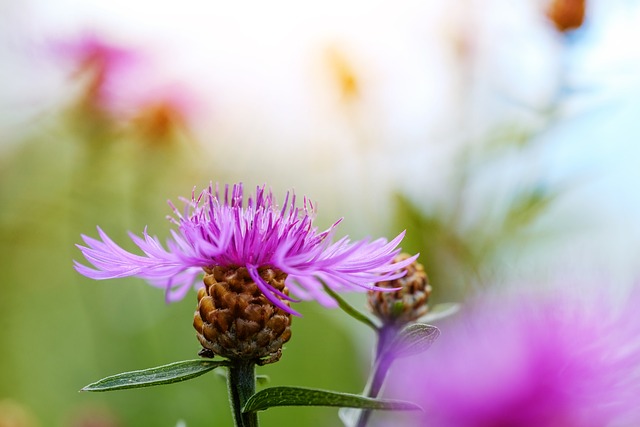
Cannabidiolic acid (THCA) and Delta-9 tetrahydrocannabinol (Delta-9 THC) are two significant cannabinoids found in the Cannabis sativa plant, each with distinct effects and potential therapeutic benefits. THCA is the raw form of THC before it undergoes decarboxylation—a process typically involving heat, which converts THCA into its psychoactive form, Delta-9 THC. As of the knowledge cutoff in 2023, THCA remains a non-psychoactive compound.
In Iowa, where regulations vary, THCA’s legal status aligns with broader hemp derivatives. This means that products containing THCA are permissible provided they adhere to the state and federal guidelines regarding hemp-derived compounds, such as containing less than 0.3% Delta-9 THC on a dry weight basis. Understanding the differences between THCA and Delta-9 THC is crucial for consumers looking to harness the unique properties of each cannabinoid. THCA has been reported to possess anti-inflammatory, neuroprotective, and analgesic properties without the psychoactive effects associated with Delta-9 THC. Users often turn to THCA for its potential benefits in managing pain, reducing anxiety, and aiding in the treatment of various conditions without the ‘high’ typically associated with cannabis use. This distinction is particularly relevant for those seeking the therapeutic properties of cannabinoids without psychoactive impairment.
The exploration into the THCA flower has shed light on its emerging potential within the cannabis landscape, particularly as it pertains to legality and cultivation in Iowa. With a clear understanding of what THCA is and how it differs from its psychoactive counterpart, Delta-9 THC, consumers and growers alike can appreciate the unique qualities this non-intoxicating compound offers. As the market for THCA flower continues to expand, informed best practices for farmers will ensure both legal compliance and high-quality yields. Ultimately, the discourse surrounding THCA’s legal status in Iowa has been clarified, paving the way for a responsible and regulated industry that can contribute positively to the state’s agricultural and economic sectors.
